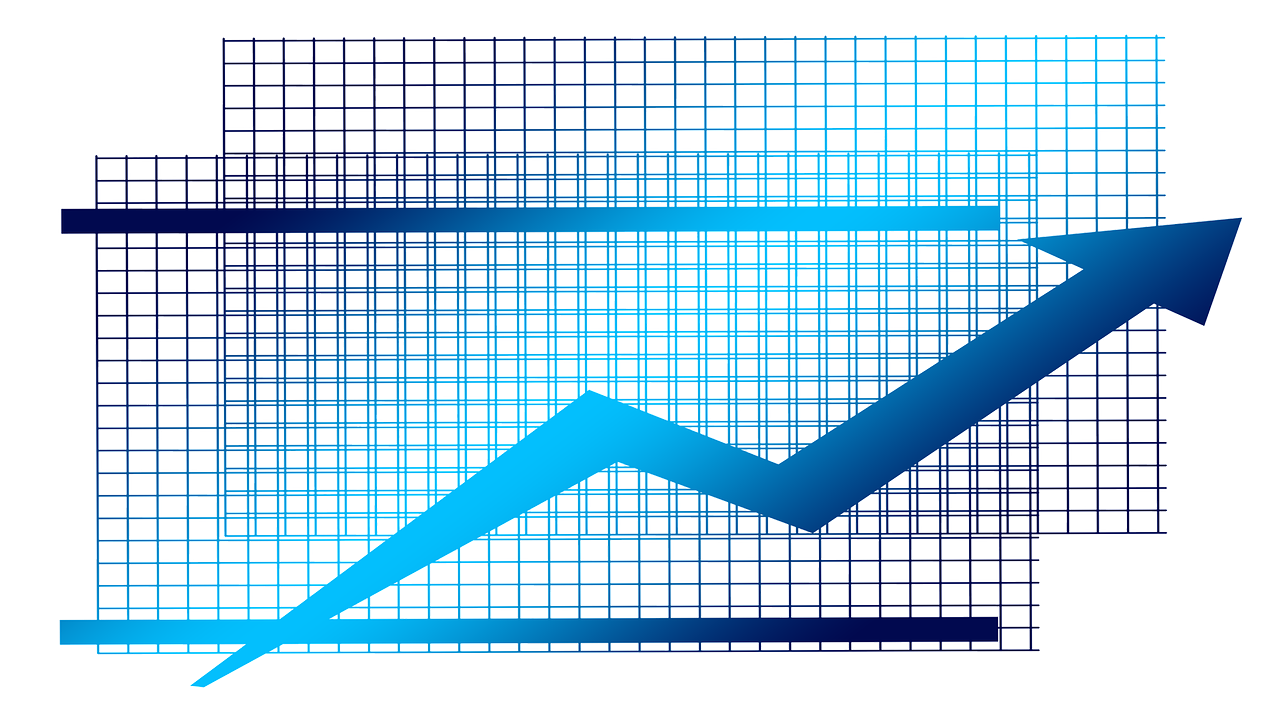On Friday, European shares got a boost from oil stocks, with the blue-chip index in London reaching nine-month highs, while sentiment was also boosted due to signs of economic stimulus in the United States. There was a 0.8% increase in London’s FTSE 100, as there was a gain in crude prices after the OPEC+ members reached a compromise over continuing some of the production cuts. The oil and gas index in Europe also saw an increase of 1.7%. Overnight, all-time highs were achieved by Nasdaq, after a bipartisan coronavirus aid package worth $908 billion gained traction within the US Congress. This spurred optimism that also benefited the broader Asian market.
Market analysts said that things were moving in the right direction, primarily because of news of the vaccine and a potential stimulus. Even though things are far from resolved, traders are no longer focusing on yesterday’s health stats and are looking towards tomorrow’s stimulus package or vaccine news. There was a 0.2% jump in the pan-European STOXX 600 index, but it appeared to end this week lower, which would mean the end of a winning streak of four weeks. This was mostly because of disappointing economic data and the uncertainty surrounding Brexit.
London indicated on Friday that the possibility of a breakthrough in a post-Brexit trade deal seemed to be receding. According to a British minister, the negotiations have entered into a difficult phase and it is only possible to strike a deal if Britain is accepted as a sovereign nation by the European Union. However, analysts remained hopeful about an eventual deal. They said that market sentiment would receive a boost, even if a basic deal is made, as this would be better than a no-deal scenario. Meanwhile, German shares seemed to be trading on the flat side. As compared to the lows it had reached in March, the DAX had recovered by 60% while the STOXX 600 had made a 46% recovery during the same period.
On Friday, data was published, which showed that industrial orders in Germany had climbed by more than expected in the month of October. This raised hopes that the manufacturing sector of the biggest economy in Europe began the fourth quarter of the year on a solid footing. There was a 3.2% drop in shares of German pharmaceutical firm BioNTech, after coronavirus vaccine partner, Pfizer Inc. announced that they were having supply chain issues.
Therefore, the US drugmaker said that the production target for 2020 of the COVID-19 had to be slashed in half. Apart from that, there was a 2.8% drop in shares of Berkeley, the UK homebuilder, after the company reported a slide of 16.6% in its first-half profit because the global pandemic dented sales of homes in the region. While Britain has already given its approval for the coronavirus vaccine and a rollout is expected in the next week, other Western countries have yet to make a move in this regard, which means there is still a bit of uncertainty involved.
